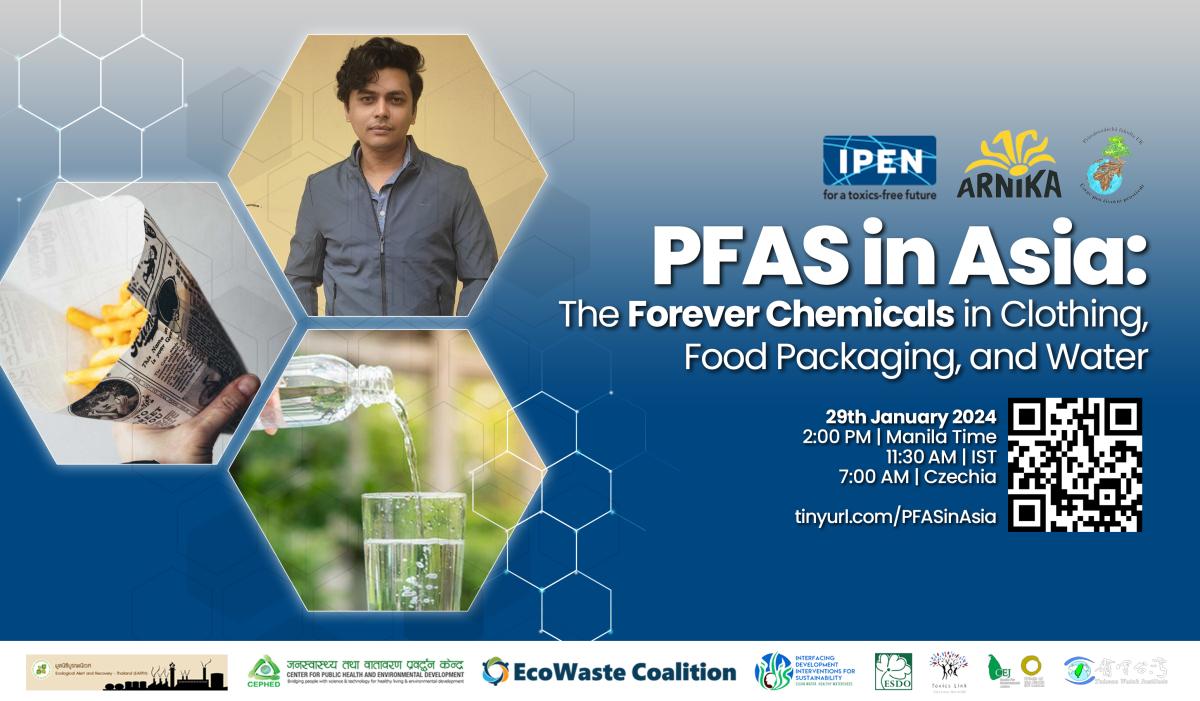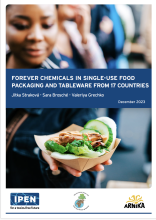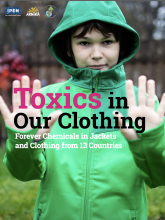Highly Hazardous Pesticides pose ongoing threats, especially in the Global South
Nairobi, Kenya-A report from the world’s leading scientific and medical experts on hormone-related health conditions raises new concerns about the profound threats to human health from endocrine disrupting chemicals (EDCs) that are ubiquitous in our surroundings and everyday lives.
The report, “Endocrine Disrupting Chemicals: Threats to Human Health” provides a comprehensive update on the state of the science around EDCs, with increasing evidence that this large group of toxic substances may be implicated in rising global health concerns.
The report from the Endocrine Society, co-produced with the International Pollutants Elimination Network (IPEN), includes detailed analyses on exposure to EDCs from four sources: plastics, pesticides, consumer products (including children’s products), and per-and polyfluoroalkyl substances (PFAS), a class of thousands of chemicals known or suspected to be EDCs.
The Endocrine Society-IPEN report is being released during the U.N. Environment Assembly (UNEA-6) meeting in Nairobi. At UNEA key agenda items include welcoming the newly adopted Global Framework on Chemicals, advancing global action on highly hazardous pesticides, and threats to the circular economy from plastics and toxic chemicals. The groups’ report anticipates an update from UNEP and the WHO expected later this year on their 2012 Report on State of the Science of Endocrine Disrupting Chemicals.





